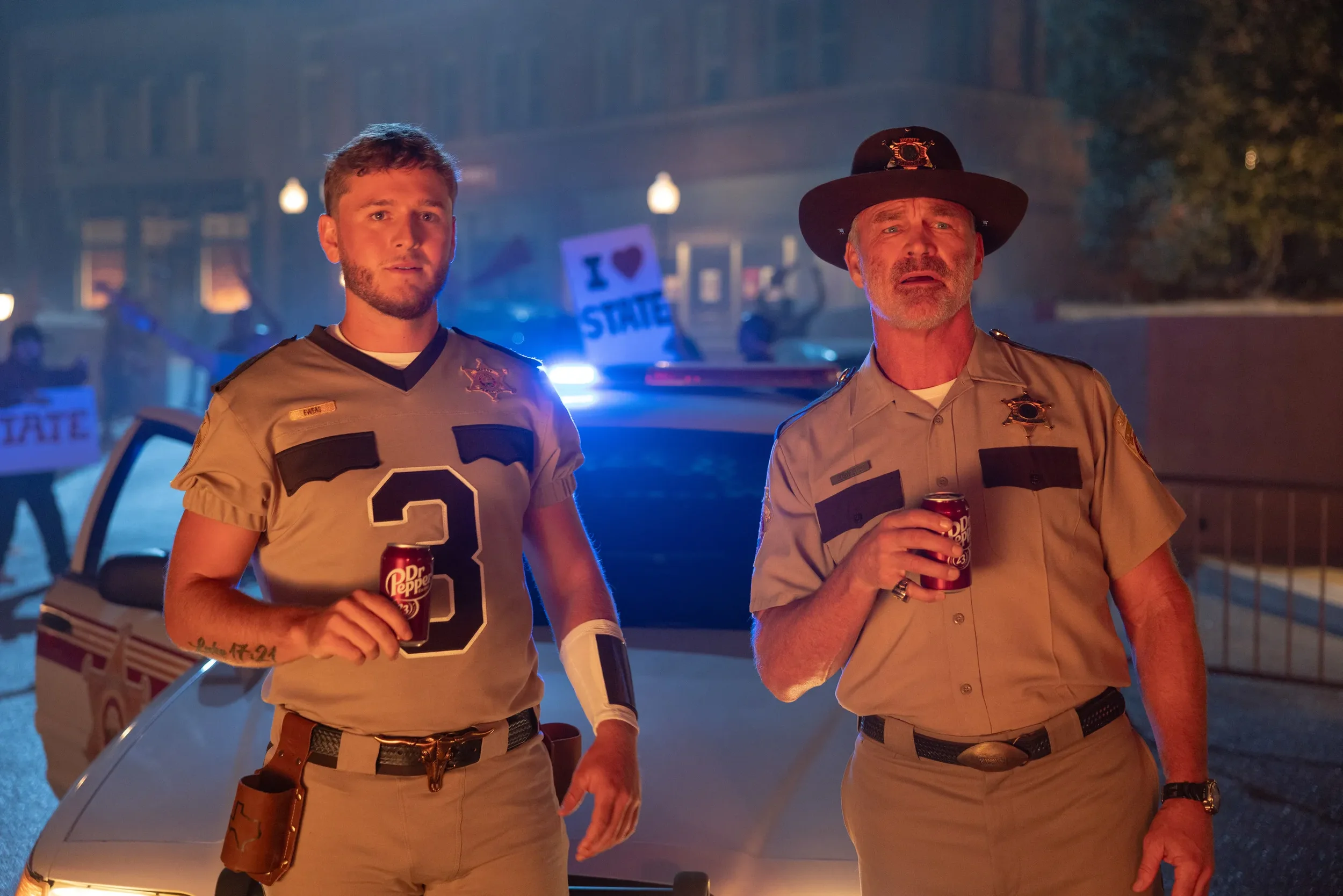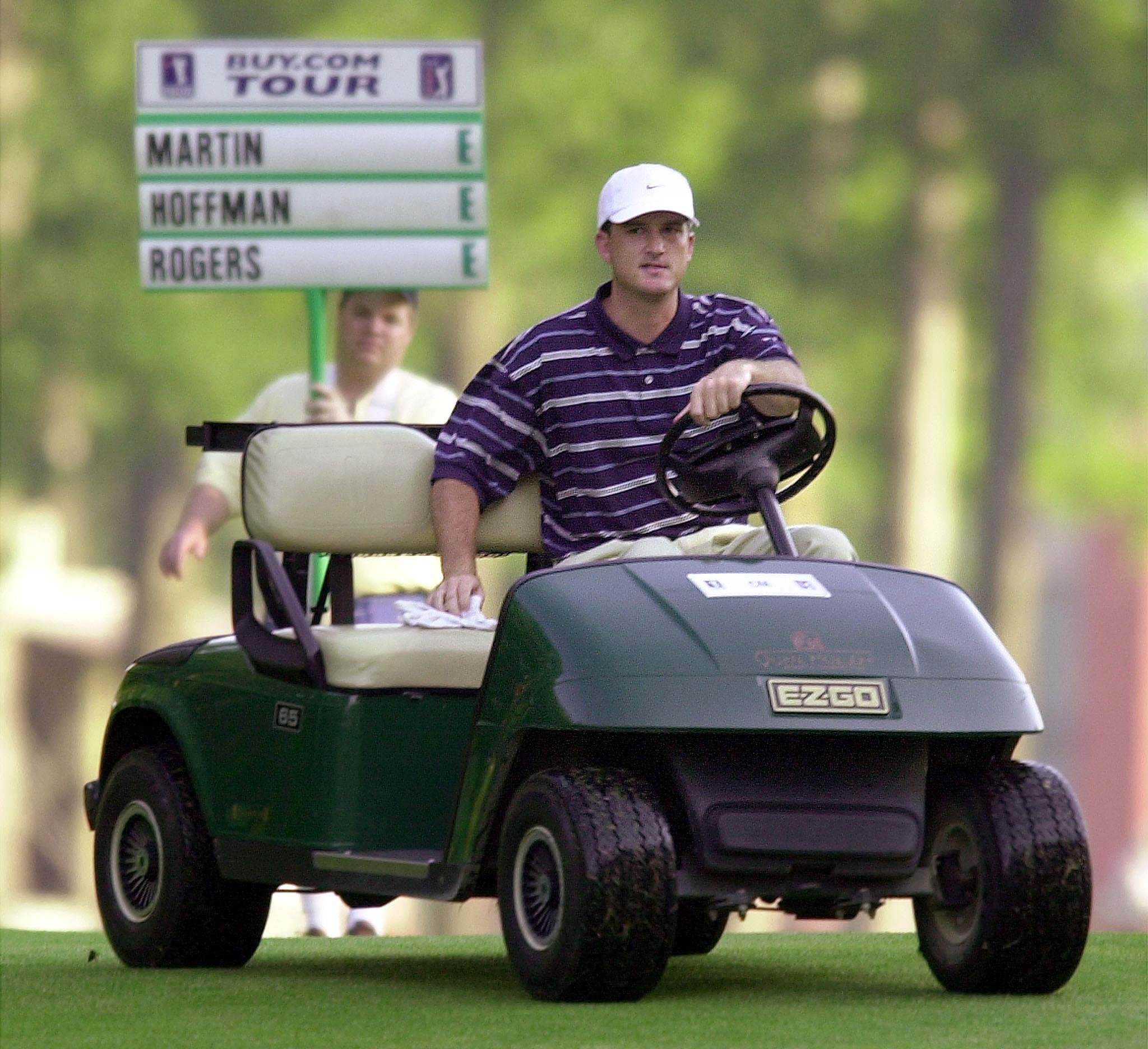the politics of sports
22ZIN examines the politicization of sports in America and around the world. It will not cover the type of politics that screwed you out of a spot on the Little League all-star team. Instead, we'll explore how governments shape the way we play, watch, and think about sports.
For those of you wondering what 22ZIN means, please check out the About section. Short answer: it’s a football play.
Each article will have two sections. The Box Score gives you a quick summary of what you need to know. The Complete Game provides in-depth analysis.
Each section (e.g., Congress, Courts, Presidency) has several articles. The articles are meant to be read sequentially, like chapters in a book. However, I’ve also tried to write each as a standalone. That means there is some redundancy in concepts, theories, terms, and cases. When these redundancies pop up, I briefly remind the reader what they need to know and point them toward articles with a more complete explanation.
With that, please explore the site. Thank you for reading!
Politics affect sports, sports affect politics, and the rules matter.
The Sports Page
Here’s how a relegation/promotion/playoff system can rekindle my love affair with college football.
The Presidency and sports
Take a brief look at the sports presidents played and how they impacted athletics.
Will Aaron Rodgers be the next Vice President of the United States? No. Can he run while playing quarterback for the Jets? Yes.
This article examines every time a president mentioned sports from 1900 to 2018. Presidents talk a lot about sports.
The first of three essays on presidents going public on sports. George W. Bush talked about the evils of steroid use in his 2004 State of the Union Address. It was odd.
The second of three case studies on presidents going public on sports. Bill Clinton tried to resolve the 1994-95 MLB strike. It did not go well.
The final in a series of articles on presidents going public on sports. Carter’s successful efforts to boycott the 1980 Moscow Games is the exception to the general rule that going public doesn’t work.
This article examines Trump’s “position-taking” on the NFL National Anthem protests. His preferred position was not kneeling.
Congress and Sports
This article summarizes the pros and cons of paying college athletes
One of the thorniest problems in the history of American sports concerned which organization governed amateur athletics: the AAU or the NCAA. The conflict spanned over 50 years and repeatedly threatened the United States’ participation in the Olympic Games. The U.S. government finally resolved the issue in 1978 with the passage of the Amateur Athletics Act..
stadiums
Check out my new Tableau viz on MLB salaries and wins. Money does buy you wins, ergo happiness.
The Courts
Consider some important Supreme Court cases on sports that don’t involve economics. If you were on the Court, how would you decide?
The story of Curt Flood is a lesson in the separation of powers, checks and balances, race, economics, and power. This essay examines how a trio of questionable Supreme Court decisions—Federal Baseball (1922), Toolson (1953), and Flood (1972)—have allowed MLB to act as a legal monopoly.
Other
Describes the methodology used to examine presidential sports rhetoric.
Pure Politics
I propose a new way to see if Americans are growing further apart in their foreign policy preferences. No surprise: they are.
Do “elites” and the American public have different opinions on foreign policy? An interactive chart allows you to see for yourself.
Take an interactive ride through American history and watch as political moderates disappear from the United States Congress.
Why we should listen to political scientists (and other experts). Or maybe just listen to me
If you think you’re participating in a selection process when you vote, think again. Voting is about expression and there is no such thing as a “wasted vote.”
Campaign donations don’t buy votes and lobbyists are usually honest. No, really.
We don’t really know what we’re talking about on most issues. But don’t worry: accepting that fact is the key to good thinking.
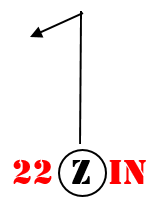

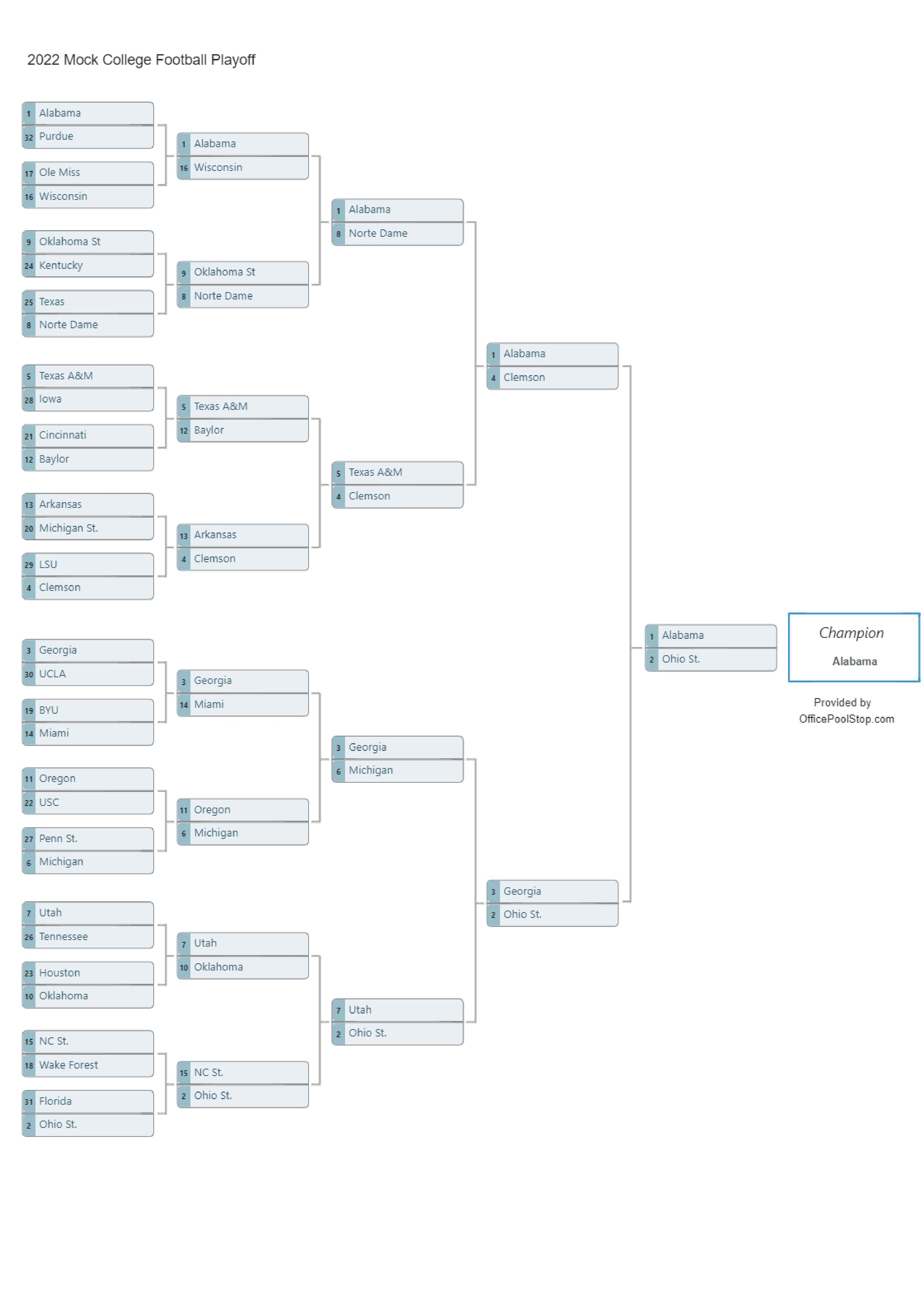

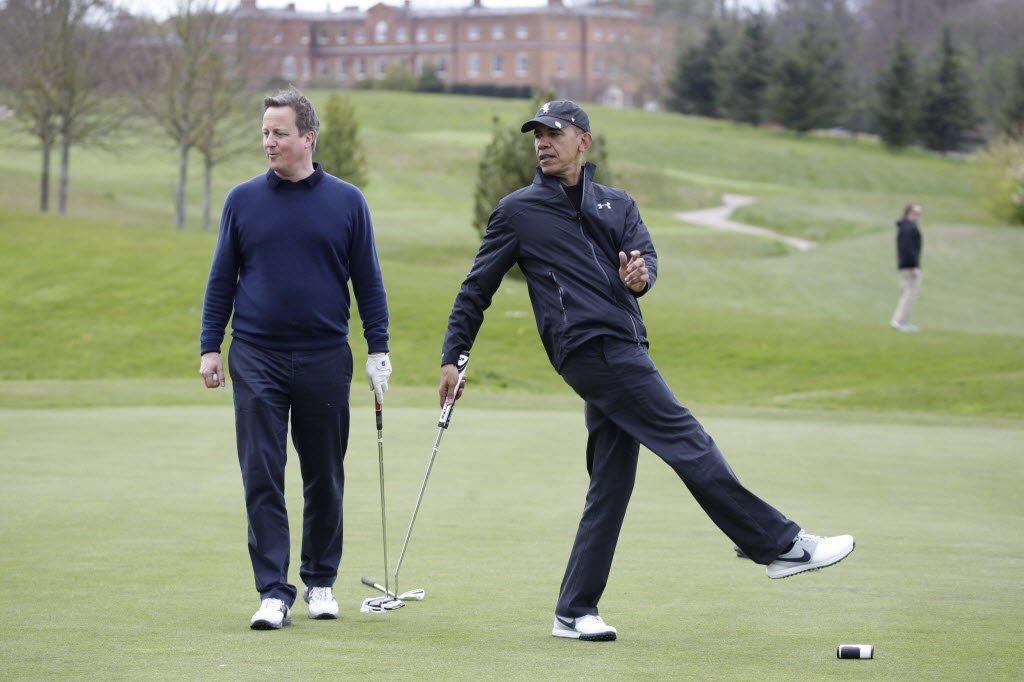


![Out of Left Field: George W. Bush, Steroids, and the 2004 State of the Union Address [Going Public Case Study #1]](https://images.squarespace-cdn.com/content/v1/62a65724b5879462f6e0a5a8/097d1c7f-1f4e-4bc9-9683-5e33aed0e499/2004_State_of_the_Union_Address.jpg)
![The White House Strikes Out: Clinton and the 1994-95 MLB Strike [Going Public Case Study #2]](https://images.squarespace-cdn.com/content/v1/62a65724b5879462f6e0a5a8/9c0d874a-99d3-46ce-b0a6-dbd7fe7636d5/MLB+Strike.png)
![Back Out of the U.S.S.R.: Carter and the Boycott of the 1980 Moscow Games [Going Public Case Study #3]](https://images.squarespace-cdn.com/content/v1/62a65724b5879462f6e0a5a8/1655918940448-CS9H0VJ2B9XC2N3CJREN/Carter+Olympic+Athlete.png)

